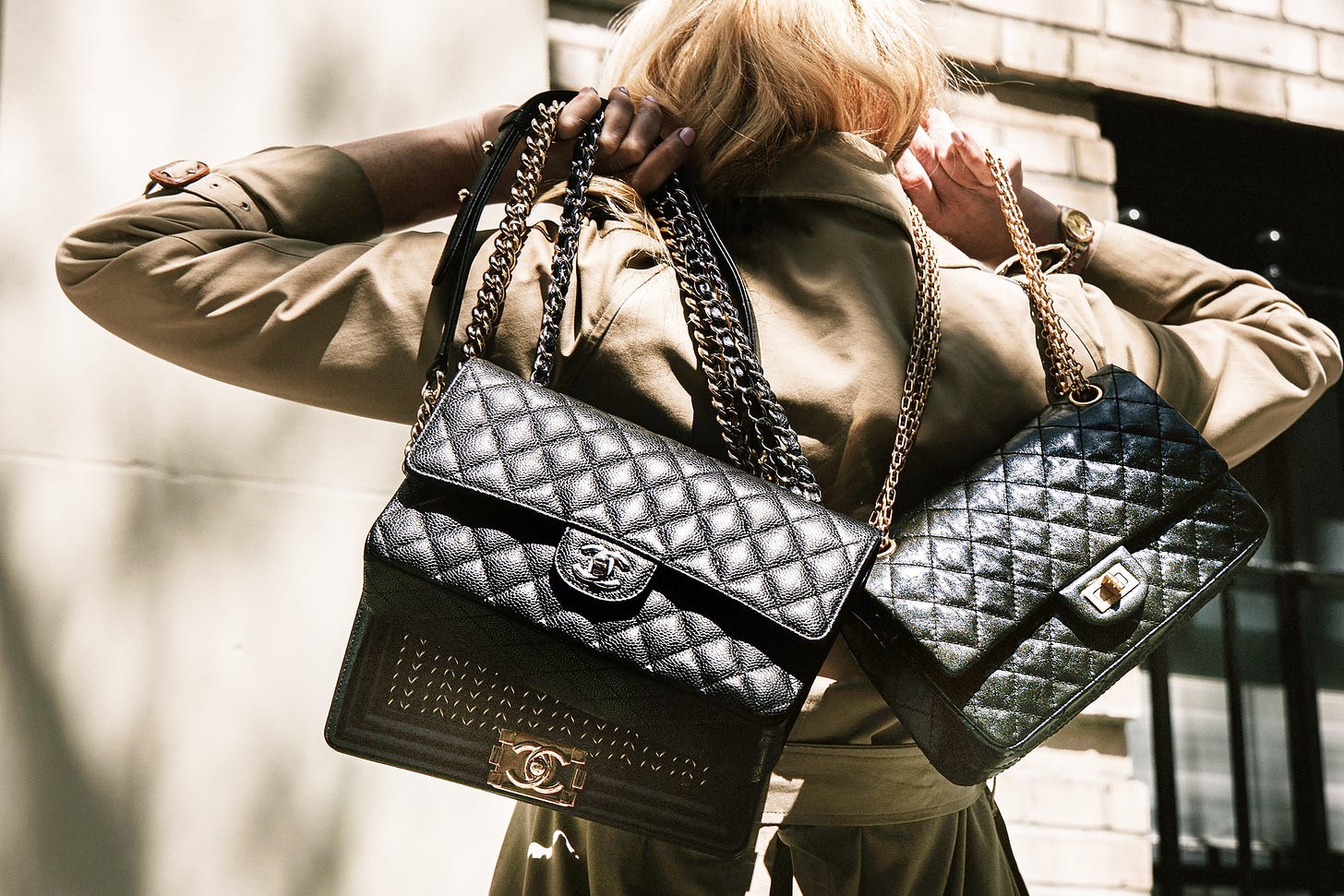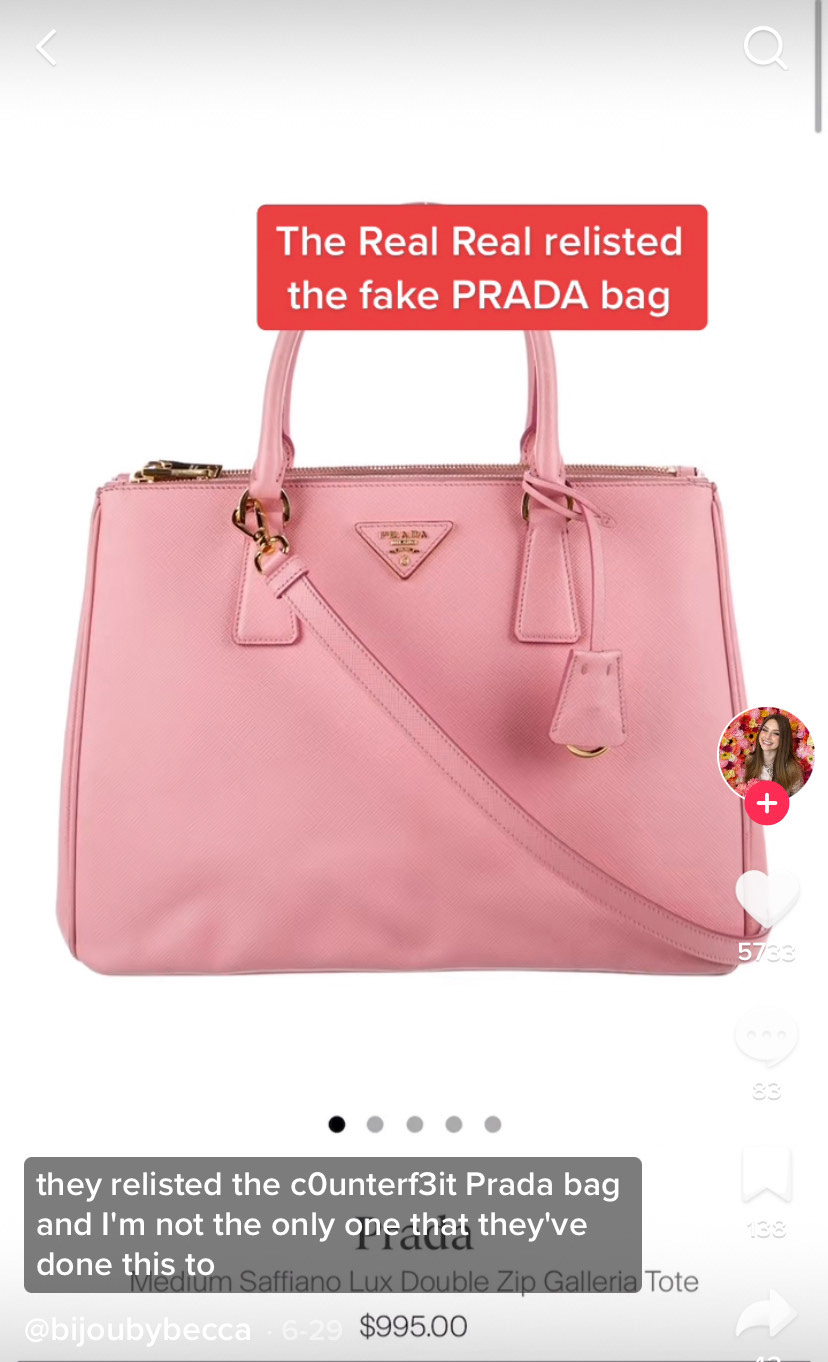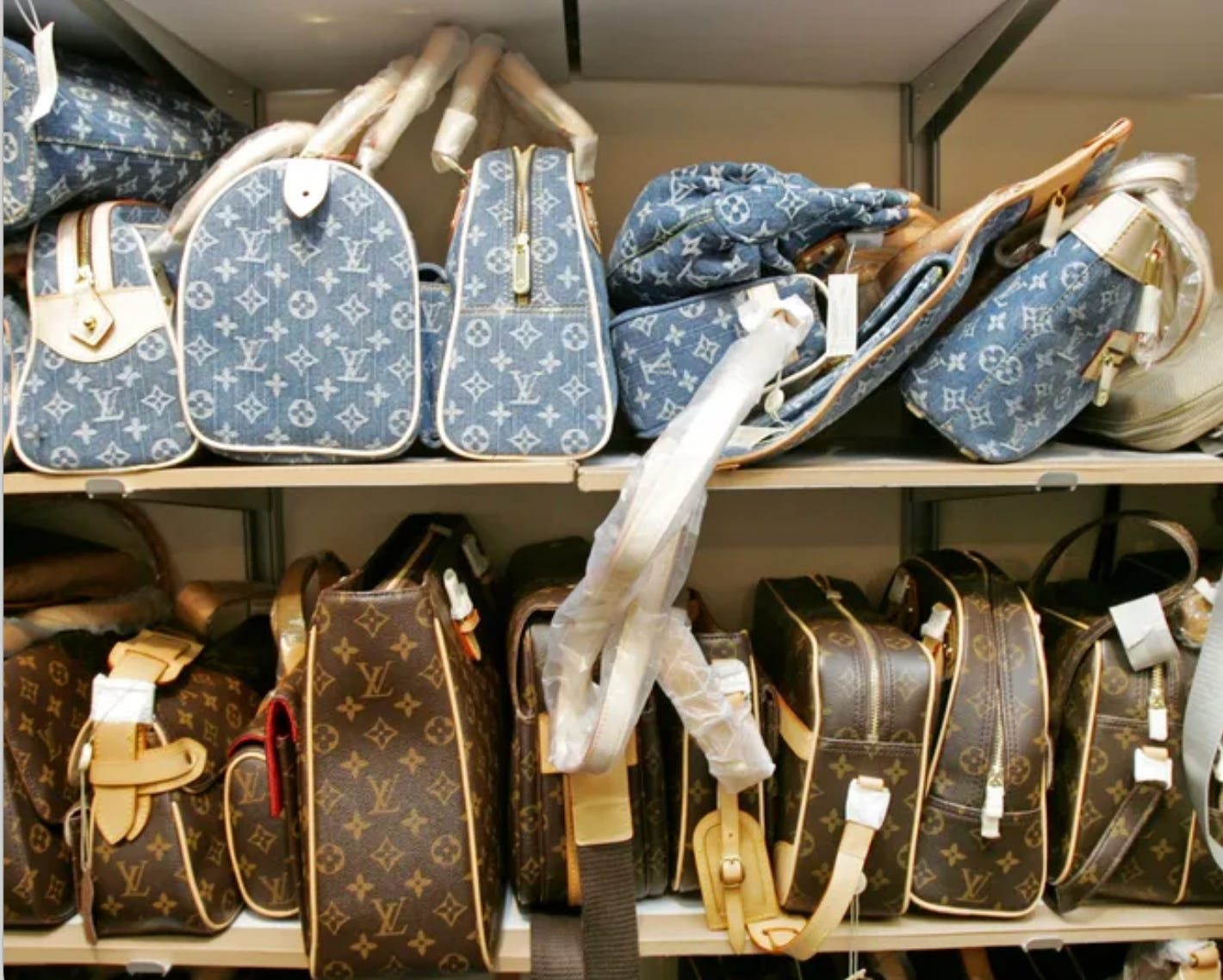The luxury resale market is a $33B industry, but it’s a whole lot smaller than it could be if people trusted resale platforms.
Mynt Condition’s 2022 survey of luxury goods consumers revealed that 57% of respondents have never shopped resale (this figure includes both brick-and-mortar as well as online sites), and the most common reason cited for not shopping resale is concern about authenticity of the goods. What’s more, these concerns seem well founded. Of the remaining 43% of luxury goods consumers who have shopped resale, a whopping 16% believe they have unwittingly purchased counterfeit items.
Sometimes they were stuck with these items. Sometimes they were able to return these items (at least for a credit). And sometimes they were able to return them, only to see the exact item get re-listed for someone else to buy.
This brings us to one major problem baked deeply into the luxury resale business model: conflict of interest.
When you buy a house, you pay to have the house inspected. You might discover it’s in perfect shape. Or you might discover the entire HVAC needs to be replaced. But either way, you don’t fork over your cash until you know what you’re getting (at least, that’s the idea). So, who conducts the inspection? The seller? One of the real estate agents? Of course not — because if the sale doesn’t close, none of these people get paid. The home inspection is conducted by someone the buyer selects.
Yet when you buy a luxury item from a traditional resale site, who authenticates that item? If you said an authenticator… who is employed by the resale site… you are correct. If the authenticator deems an item to be counterfeit, the resale site (i.e. this person’s employer) cannot make money on the item. In fact, the resale site actually loses money on that item because it has paid for the authenticator’s time, as well as shipping back and forth (though sometimes these items are confiscated vs. returned — more on that practice in a future post).
Traditional luxury resale sites generate their revenue by taking 10-50% of the money from items sold. By their own design, the only items these sites can sell are items that they have deemed authentic. So the fewer items they deem authentic, the lower their potential revenue. Does this set up the authenticators who work for these luxury resale sites to act as unbiased sources of truth? Not so much.
Now, it is absolutely true that these luxury resellers have reputations to uphold (please note: The RealReal did not pluck its name out of thin air) and if they start selling Neverfull bags stamped LW, it won’t take long before their sales completely tank. However, there’s a big gap between a Canal Street Louis Vuitton knockoff and a Chanel super fake. And in that gap lies opportunity for resale sites both to make honest mistakes and calculated internal calls about whether to deem certain questionable luxury goods to be “authentic.” If their authenticators aren’t sure whether an item is counterfeit, they can be fairly certain you won’t be either.
As brands like Chanel continue to raise prices and impose purchase quotas, the demand for super fakes will only grow — which makes it more important than ever that the authentication process for luxury goods is transparent to the consumers who buy them. This is why we are launching Mynt Condition.
We’re so excited to have you along for the ride.






